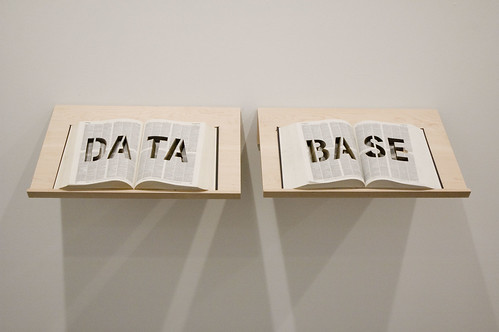So a very exciting thing to me about my position is that I have an area of focus. I am an Instructional Services Librarian, but within that, I have designated areas to take the lead on. Student retention is a hot topic on campus (and seems to be a focus for many campuses and now academic libraries lately), and so I am working with a colleague on my team to get the library more involved in campus retention efforts. We are hoping to develop more collaborative relationships with non-disciplinary units on campus to aid in student success and retention. And this is not just for retaining the low-performing students, but also keeping the high-performing students from going elsewhere (for example, looking at the Honors College).
From my focus, I have established a new ACRL Student Retention Discussion Group with Jaime Hammond, who is a Reference and Outreach Librarian at Naugatuck Valley Community College. A number of other instruction and outreach librarians I have met are just starting to figure out how to approach this, and there seems to be consensus that library contributions to student retention efforts might be a tricky thing to measure and assess. So hopefully this discussion group will serve as a useful resource to those of us working in these areas.
Check out a recent blog post by Steven Bell, ACRL Vice-President / President-Elect, about retention and our new discussion group on ACRL Insider to learn more about "the student swirl" in graduation and also more about how ACRL Discussion Groups work.
Hope you will join us! The conversations will be ongoing via Connect, but we also have a set meeting time at ALA Annual in Anaheim, Saturday 6/23 from 4:00-5:30pm PST.
Here was the official announcement that went out:
Student retention is a hot topic in academia, but how do libraries fit into the discussion? Join the newest ACRL Discussion Group on ALA Connect at http://connect.ala.org/node/173037 to be part of the conversation!
What: ACRL Student Retention Discussion Group
Why: to discuss methods, best practices, and assessment for developing case-by-case and programmatic efforts related to student retention
How: on ALA Connect (http://connect.ala.org/node/173037) or meet at ALA Annual
Please contact the conveners with any questions:
Nicole Pagowsky, Instructional Services Librarian, University of Arizona Libraries pagowskyn@u.library.arizona.edu
Jaime Hammond, Reference and Outreach Librarian, Naugatuck Valley Community College jhammond@nvcc.commnet.edu
